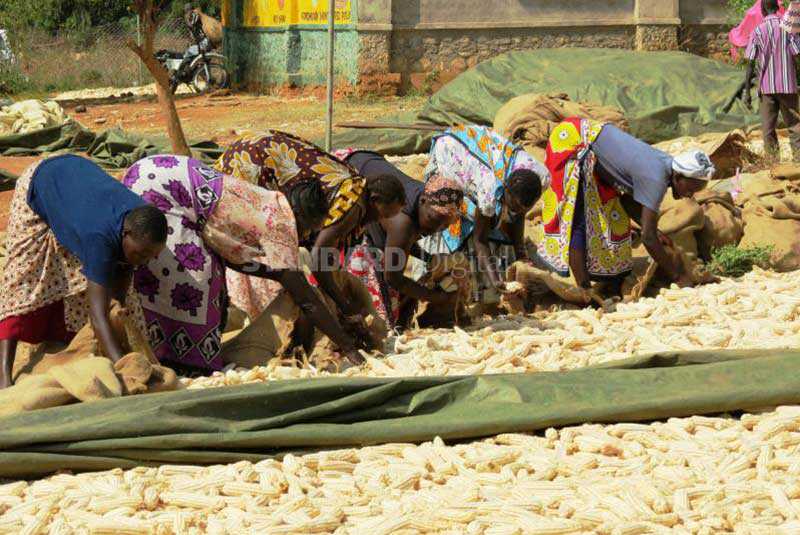×
The Standard e-Paper
Join Thousands Daily

Kenya’s perennial maize shortage crisis may deepen as farmers in the North Rift, the country’s grain basket, shift to other more profitable ventures.
As the country struggles with persistent maize shortage and consequent high prices of unga, farmers are moving away from production of this crop due to poor returns amid cheap imports.